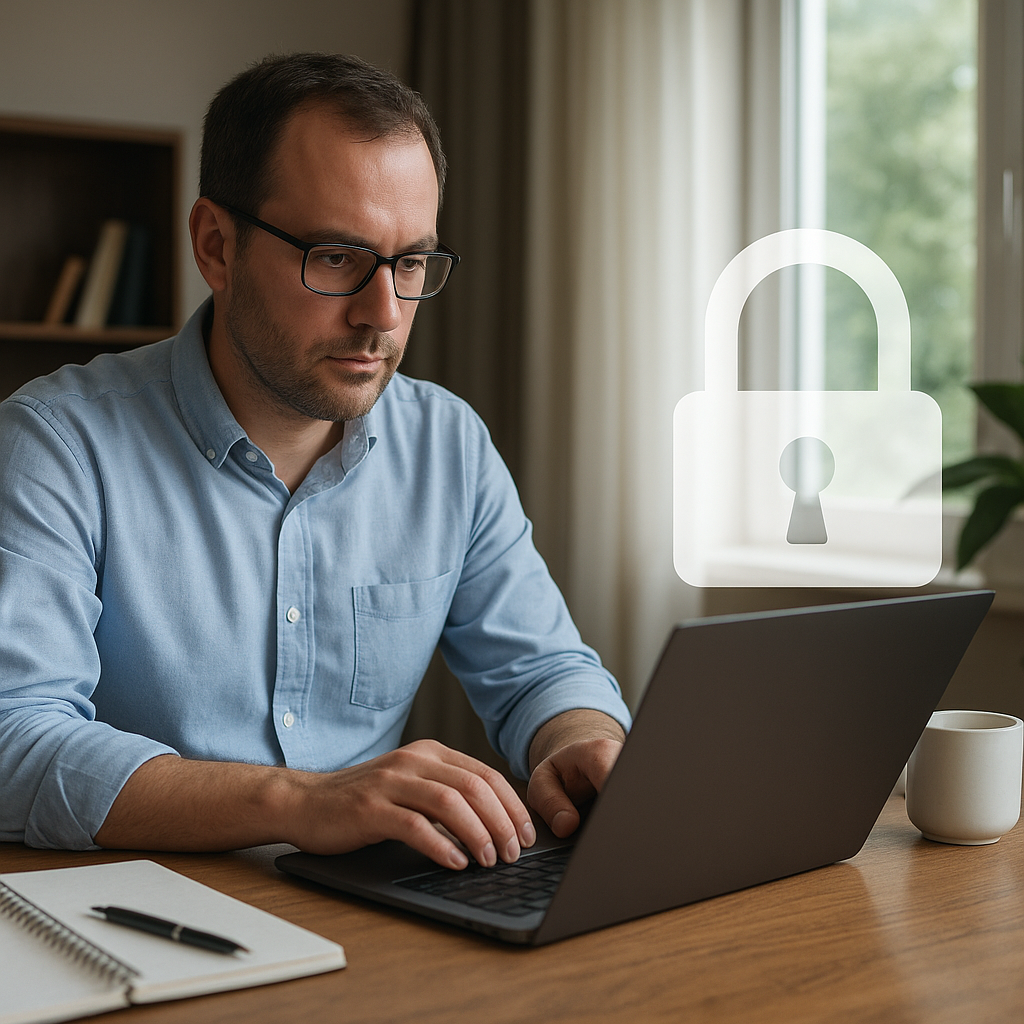The importance of regular security audits for businesses cannot be overstated, as they play a crucial role in identifying vulnerabilities and ensuring the integrity of sensitive information. In an era where cyber threats are increasingly sophisticated, organizations must prioritize their security measures to protect their assets, reputation, and customer trust. This article will explore the significance of conducting regular security audits, the key components involved, and the best practices for implementing an effective audit strategy.
Understanding Security Audits
A security audit is a comprehensive assessment of an organization’s information systems, policies, and procedures to evaluate their effectiveness in safeguarding against potential threats. The primary goal of a security audit is to identify weaknesses in the security posture of a business and recommend improvements to mitigate risks. Regular audits help organizations stay compliant with industry regulations and standards, such as GDPR, HIPAA, and PCI DSS, which require businesses to maintain a certain level of security for handling sensitive data.
Types of Security Audits
There are several types of security audits that businesses can conduct, each focusing on different aspects of security:
- Compliance Audits: These audits assess whether an organization adheres to specific regulatory requirements and industry standards.
- Technical Audits: These focus on the technical aspects of security, including network configurations, software vulnerabilities, and system integrity.
- Physical Security Audits: These evaluate the physical security measures in place, such as access controls, surveillance systems, and environmental protections.
- Operational Audits: These assess the effectiveness of security policies and procedures, including incident response plans and employee training programs.
The Audit Process
The security audit process typically involves several key steps:
- Planning: Define the scope of the audit, including the systems, processes, and areas to be assessed.
- Data Collection: Gather relevant information through interviews, document reviews, and technical assessments.
- Analysis: Evaluate the collected data to identify vulnerabilities, risks, and areas for improvement.
- Reporting: Document the findings and provide recommendations for enhancing security measures.
- Follow-Up: Implement the recommended changes and conduct follow-up audits to ensure ongoing compliance and improvement.
Benefits of Regular Security Audits
Conducting regular security audits offers numerous benefits for businesses, including:
1. Identifying Vulnerabilities
One of the primary advantages of security audits is the ability to identify vulnerabilities before they can be exploited by malicious actors. By regularly assessing security measures, organizations can proactively address weaknesses and reduce the likelihood of a successful cyber attack.
2. Enhancing Compliance
Many industries are subject to strict regulatory requirements regarding data protection and privacy. Regular security audits help businesses ensure compliance with these regulations, reducing the risk of fines and legal repercussions. Additionally, demonstrating compliance can enhance a company’s reputation and build trust with customers.
3. Improving Incident Response
Security audits often reveal gaps in incident response plans and procedures. By identifying these gaps, organizations can develop more effective strategies for responding to security incidents, minimizing potential damage and recovery time.
4. Strengthening Employee Awareness
Regular audits can also serve as an opportunity to educate employees about security best practices. By involving staff in the audit process, organizations can raise awareness of potential threats and foster a culture of security within the workplace.
5. Protecting Reputation and Customer Trust
In today’s digital landscape, a single security breach can have devastating consequences for a business’s reputation. Regular security audits help organizations maintain a strong security posture, protecting their brand and ensuring customer trust. Customers are more likely to engage with businesses that prioritize their security and demonstrate a commitment to safeguarding their information.
Best Practices for Conducting Security Audits
To maximize the effectiveness of security audits, businesses should consider the following best practices:
1. Establish a Security Audit Schedule
Organizations should establish a regular schedule for conducting security audits, whether annually, semi-annually, or quarterly. This ensures that security measures are consistently evaluated and updated as needed.
2. Involve Stakeholders
Engaging key stakeholders, including IT staff, management, and employees, in the audit process can provide valuable insights and foster a collaborative approach to security. Involving various departments ensures that all aspects of the organization are considered during the audit.
3. Utilize Third-Party Expertise
While internal audits can be effective, organizations may benefit from engaging third-party security experts to conduct independent assessments. External auditors can provide an unbiased perspective and identify vulnerabilities that internal teams may overlook.
4. Document Findings and Recommendations
Thorough documentation of audit findings and recommendations is essential for tracking progress and ensuring accountability. Organizations should create detailed reports that outline identified vulnerabilities, suggested improvements, and timelines for implementation.
5. Continuously Monitor Security Posture
Security is an ongoing process, and organizations should continuously monitor their security posture between audits. Implementing security information and event management (SIEM) systems, conducting regular vulnerability scans, and staying informed about emerging threats can help businesses maintain a proactive approach to security.
Conclusion
Regular security audits are a vital component of a comprehensive security strategy for businesses. By identifying vulnerabilities, enhancing compliance, and improving incident response, organizations can protect their assets and maintain customer trust. Implementing best practices for conducting audits ensures that businesses remain vigilant in the face of evolving cyber threats. In a world where security breaches are increasingly common, prioritizing regular security audits is not just a best practice; it is a necessity for long-term success and sustainability.



